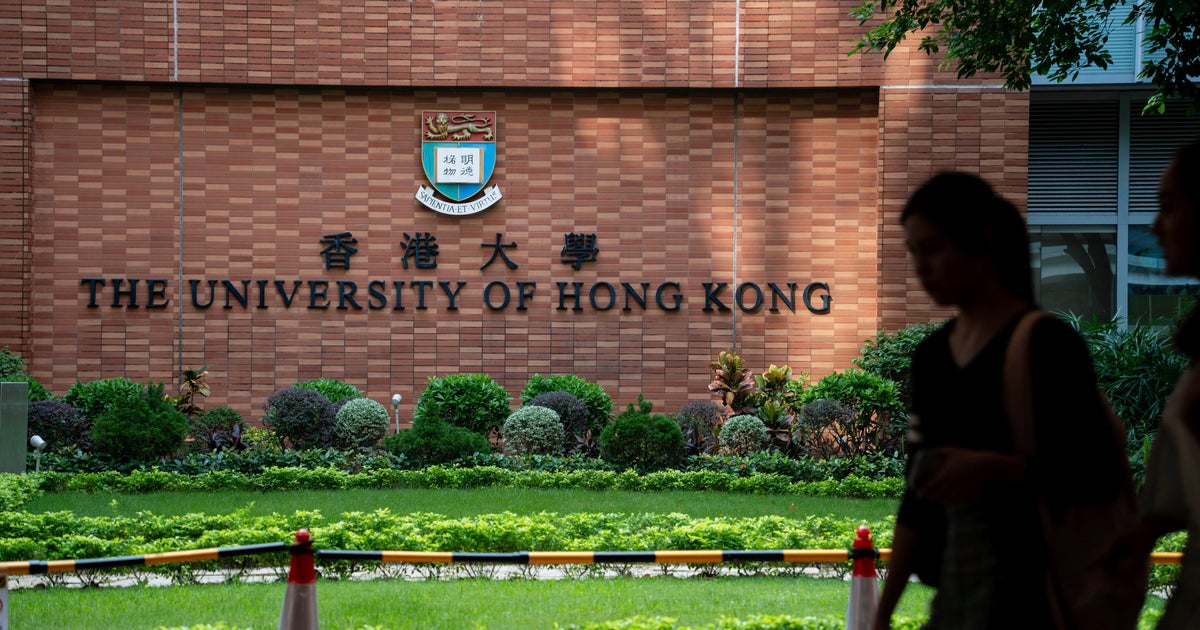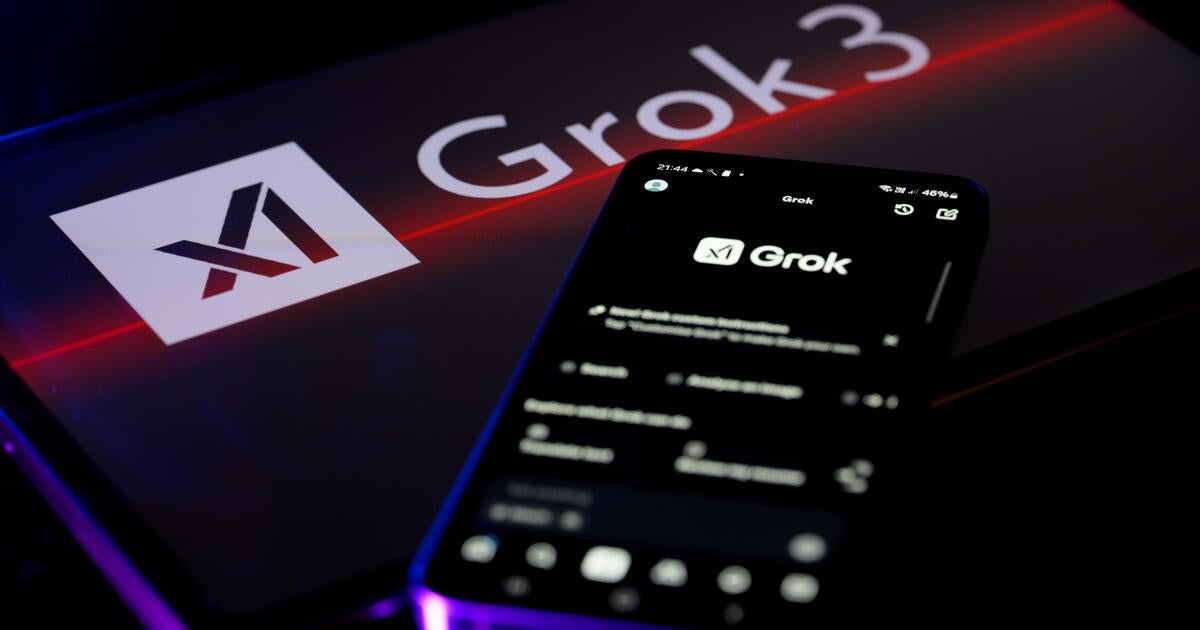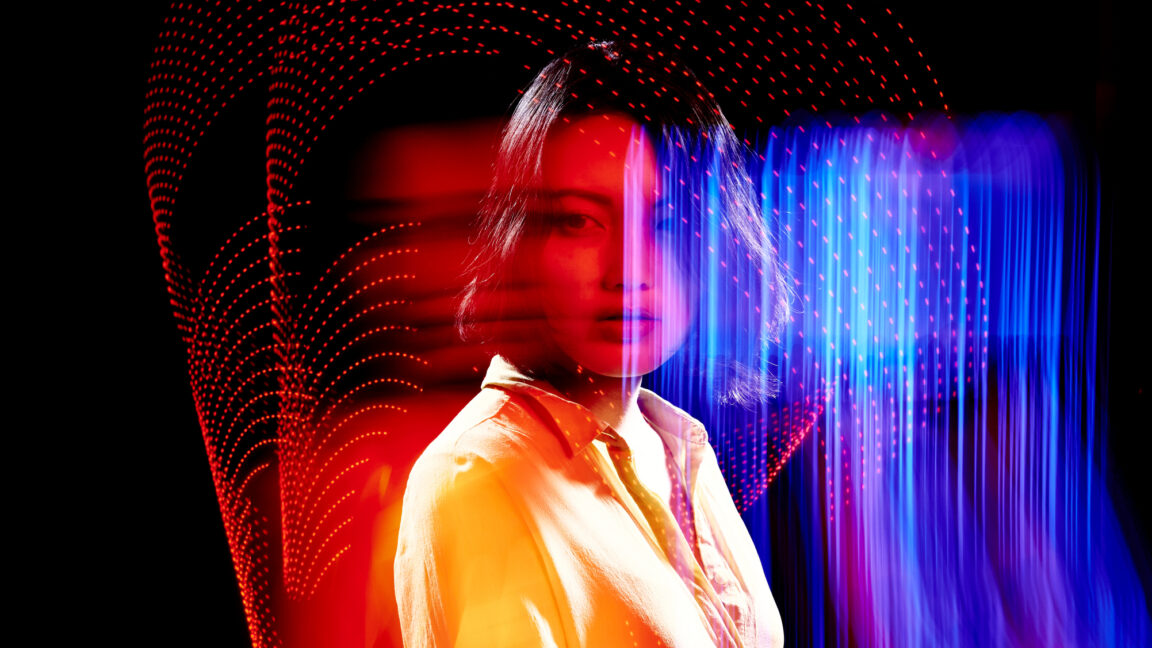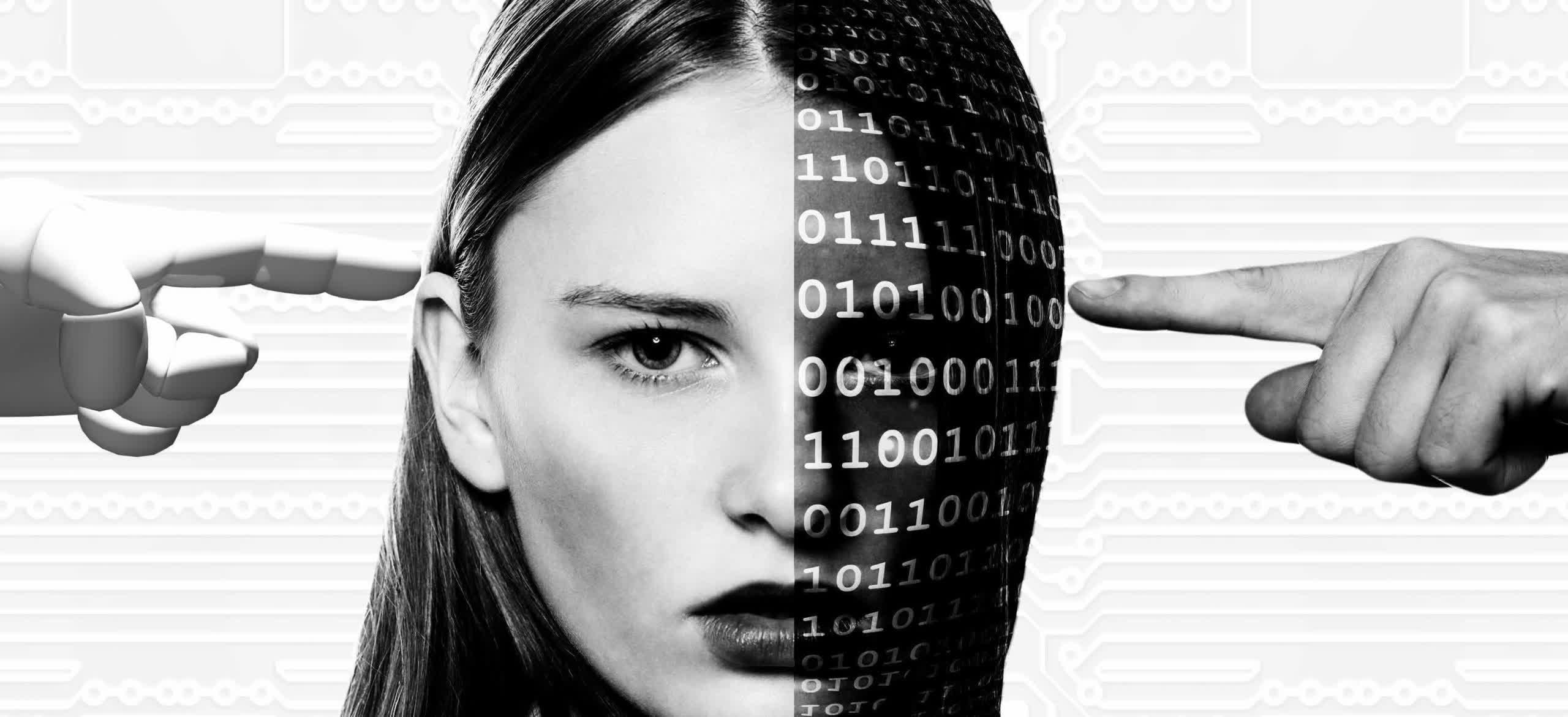T4K3.news
AI-generated porn scandal prompts investigation at HKU
Hong Kong's privacy watchdog probes a case involving deepfakes created by a law student.

The University of Hong Kong faces backlash amid a deepfake porn scandal involving a law student.
AI deepfake porn scandal exposes legal gaps at University of Hong Kong
Hong Kong's privacy watchdog has opened a criminal investigation into an AI-generated porn scandal at the University of Hong Kong (HKU). A law student is accused of creating deepfake images of at least 20 female classmates and teachers. The alleged victim's outrage intensified when the university announced it had sent the student a warning letter instead of a harsher punishment. The Office of the Privacy Commissioner stated that creating pornographic images without consent could lead to legal consequences, although current laws don’t fully address such situations. Women's rights advocates highlighted the slow pace of legal reforms in Hong Kong regarding non-consensual imagery, underscoring the seriousness of the issue.
Key Takeaways
""The AI generations are so life-like that their circulation would be very upsetting.""
Doris Chong expresses concern over the psychological impact of deepfake images on victims.
""Some people who seek our help feel wronged, because they never took those photos.""
Doris Chong highlights the distress caused by deepfake technology to unsuspecting individuals.
""Anyone could be a perpetrator, no space is 100 percent safe.""
Annie Chan cautions that the prevalence of AI misuse can affect anyone, emphasizing the vulnerability of individuals.
""Most of the city's laws are applicable to activities on the internet.""
John Lee's statement reveals the current legal landscape's attempt to adapt to digital realities.
This scandal raises significant concerns about the intersection of technology and personal privacy. As AI-generated deepfakes become more sophisticated, the lack of strict legal frameworks means that victims may have limited recourse. Experts point out that this incident could just be the beginning of a broader problem with non-consensual imagery. The struggle for adequate legal protections against digital abuse is becoming increasingly urgent, especially in a society where norms and laws have yet to catch up with technological advancements.
Highlights
- AI deepfakes reveal a looming challenge for privacy laws.
- Victims face a legal system unprepared for digital abuse.
- This scandal highlights the urgent need for legal reform.
- Annie Chan warns we may just see the tip of the iceberg.
Potential legal vulnerabilities in Hong Kong's digital landscape
The incident exposes major gaps in laws concerning non-consensual imagery, causing significant public concern about privacy rights.
As technology evolves, the need for stronger legal safeguards against misuse becomes clearer.
Enjoyed this? Let your friends know!
Related News

Grok chatbot faces backlash after controversial remarks

Creator faces $450K fine after anti-deepfake efforts
Grok issues apology over chatbot's offensive comments

Andy Byron resigns from Astronomer after viral video
Trump Posts AI Video of Obama Arrest

Meta sues Crush AI over advertising violations

Coldplay concert reveals scandal involving tech CEO

Scammers Target Canadians with Fake Bank Ads
